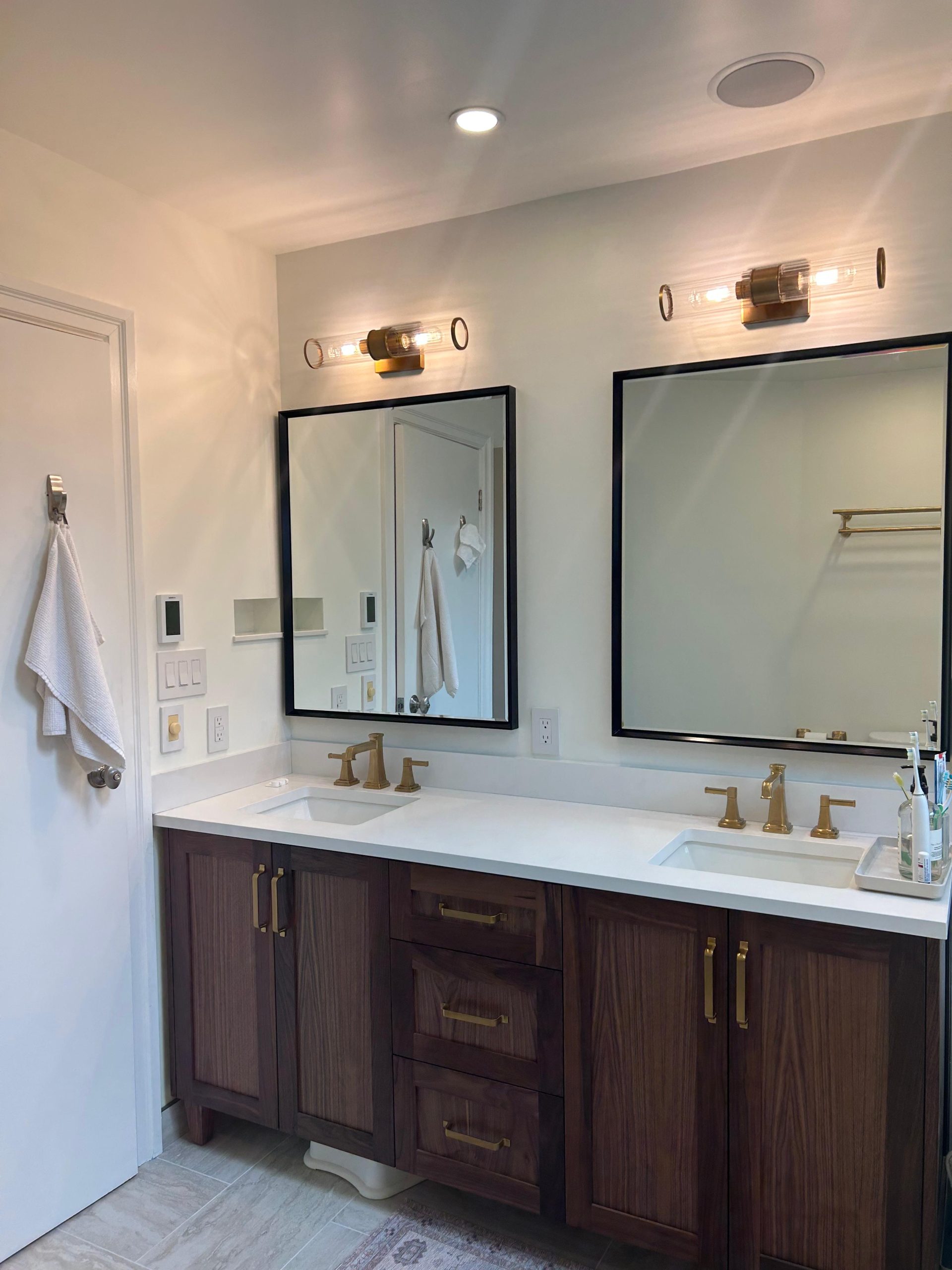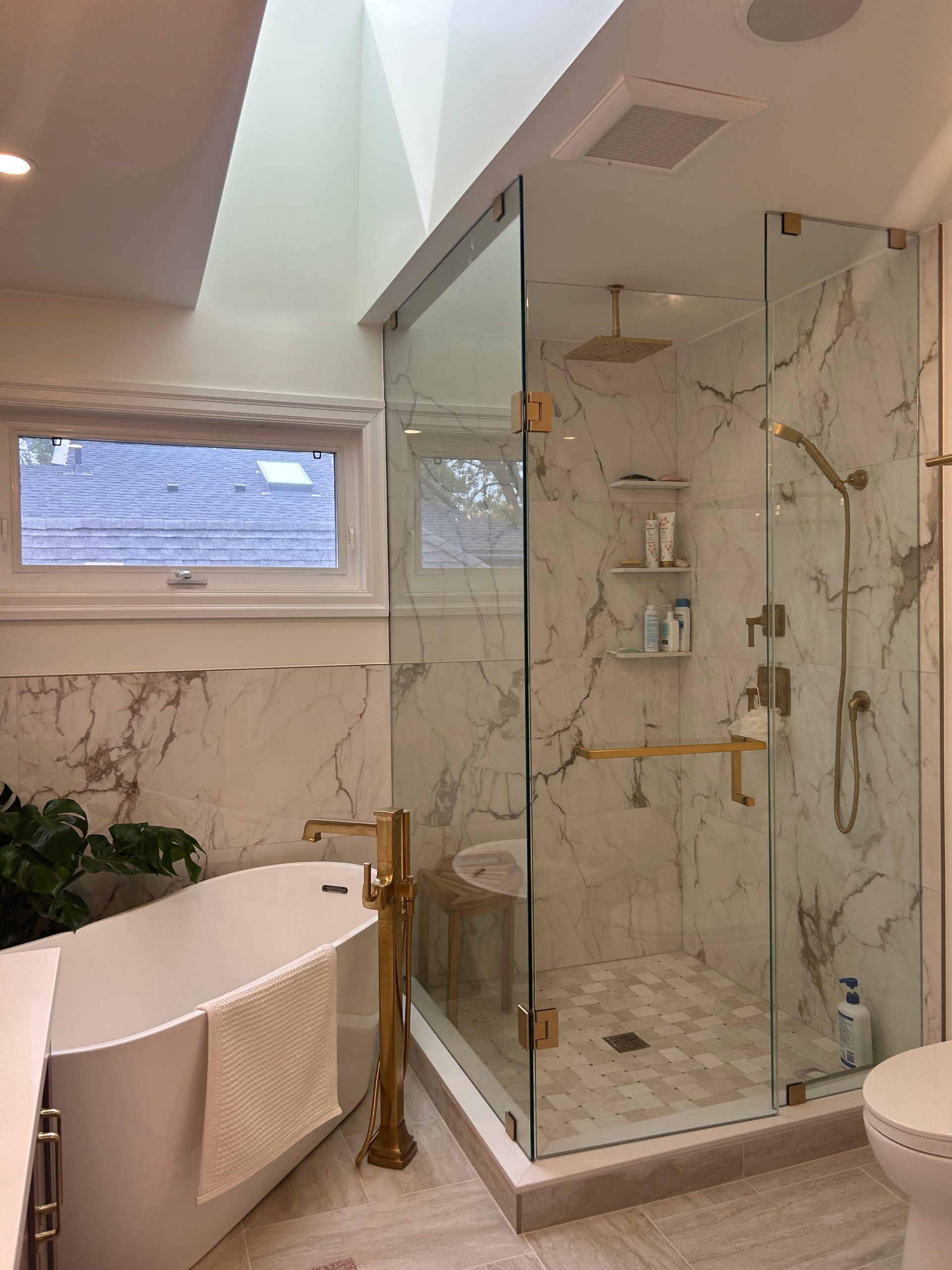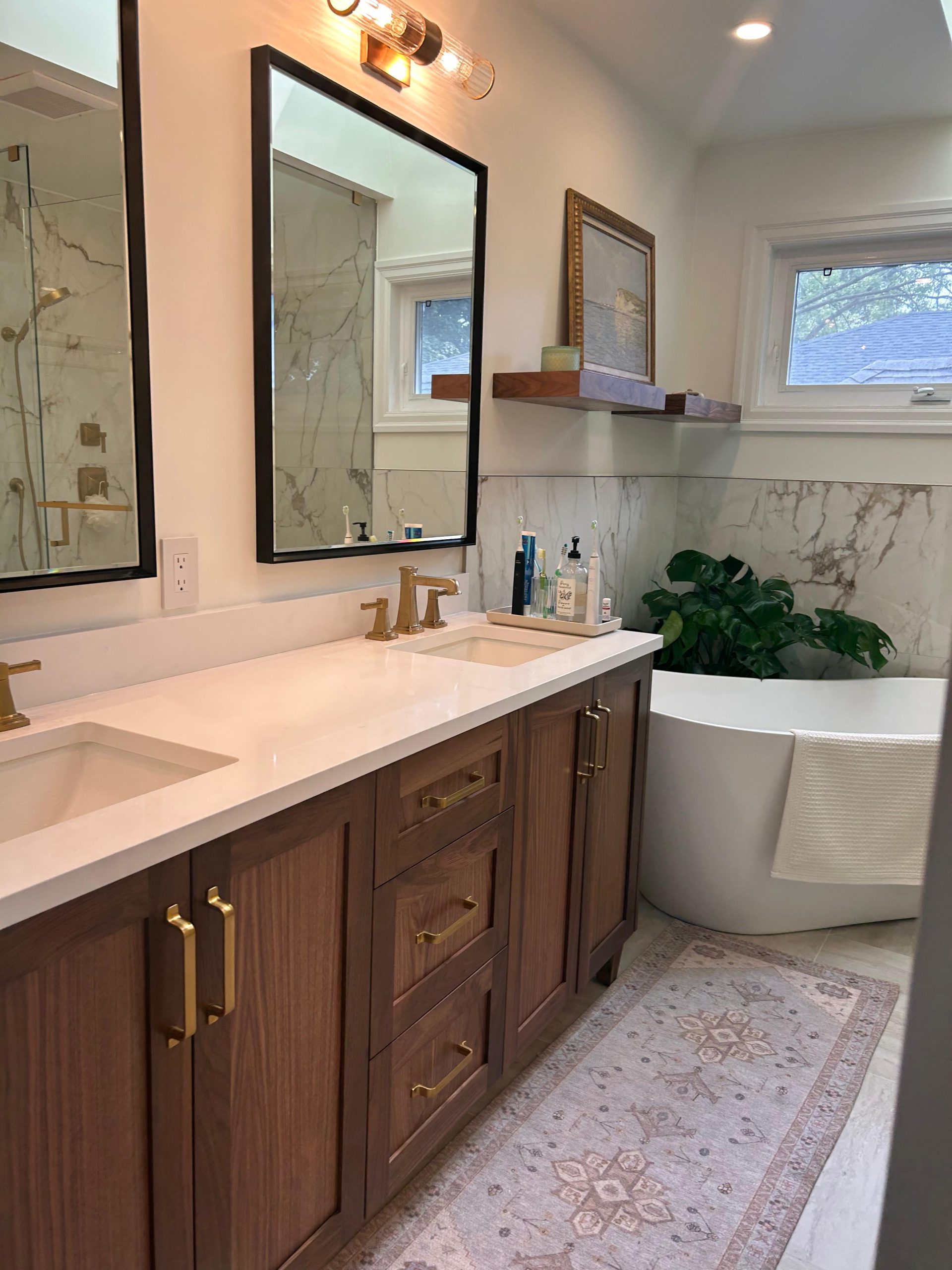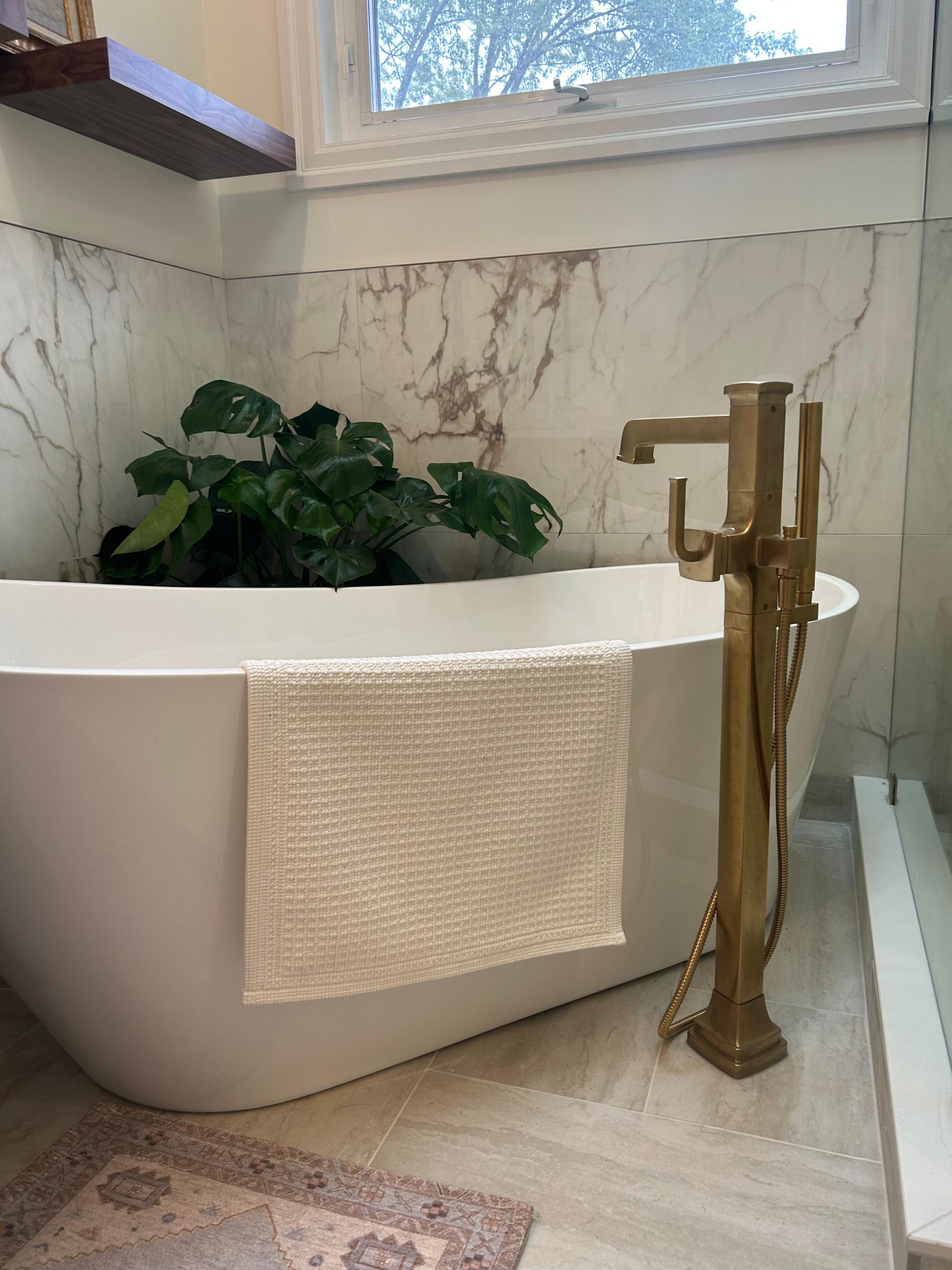Planning Your Bathroom Renovation: 5 Must-Ask Questions
Embarking on a bathroom renovation is an exciting journey that can dramatically enhance your home’s comfort, functionality, and value. However, to ensure a successful project, careful planning is essential. Before you start tearing out tiles or picking out fixtures, there are crucial questions you should ask yourself (and your contractor) to guide your renovation and avoid common pitfalls. Here are five must-ask questions to help you plan your bathroom renovation effectively.
1. What Is My Budget?
Why It’s Important:
Your budget is the foundation of your renovation project. It determines the scope, materials, and level of customization you can achieve. Without a clear budget, costs can quickly spiral out of control, leading to unnecessary stress and financial strain.
Key Considerations:
- Set a Realistic Budget: Consider all aspects, including labor, materials, fixtures, and any unexpected costs.
- Prioritize Spending: Identify what’s most important to you—whether it’s high-end fixtures, luxury materials, or a custom layout—and allocate your budget accordingly.
- Plan for Contingencies: Set aside an extra 10-15% of your budget for unforeseen expenses that might arise during the renovation.
2. How Will I Use the Space?
Why It’s Important:
Understanding how you use your bathroom on a daily basis is crucial in designing a space that meets your needs. A bathroom for a growing family will have different requirements than a guest bathroom or a master ensuite.
Key Considerations:
- Functionality: Consider who uses the bathroom and how often. Do you need more storage? A double vanity? A separate shower and tub?
- Lifestyle: If you enjoy long, relaxing baths, a large soaking tub might be a priority. If you’re always on the go, a spacious walk-in shower might be more practical.
- Future Needs: Think about how your needs might change over time. For example, if you plan to stay in your home long-term, you might want to consider age-friendly features like a curbless shower.
3. What Style and Aesthetic Am I Aiming For?
Why It’s Important:
The style and aesthetic of your bathroom set the tone for the entire space. It’s essential to have a clear vision of the look you want to achieve to guide your choices in materials, fixtures, and colors.
Key Considerations:
- Inspiration: Gather ideas from design magazines, online platforms like Pinterest, or showrooms to pinpoint styles you love.
- Consistency: Ensure that the bathroom’s style complements the rest of your home. A modern bathroom might not fit well in a traditionally styled house.
- Personal Taste: Choose a design that you’ll enjoy for years to come. While trends are tempting, opting for timeless elements can provide longevity to your renovation.
4. What Materials and Fixtures Should I Choose?
Why It’s Important:
Materials and fixtures are the backbone of your bathroom’s design and functionality. The right choices can elevate your bathroom, while poor selections can lead to maintenance issues and dissatisfaction.
Key Considerations:
- Durability: Bathrooms are exposed to moisture and heavy use, so choose materials that are water-resistant and easy to maintain.
- Quality: Invest in high-quality fixtures, such as faucets, showerheads, and toilets, to ensure longevity and avoid frequent replacements.
- Sustainability: Consider eco-friendly options, such as low-flow toilets and faucets, or sustainable materials like recycled tiles, to reduce your environmental impact.
5. Should I Hire a Professional or DIY?
Why It’s Important:
Deciding whether to hire a professional or tackle the renovation yourself is a crucial step that can impact the quality, timeline, and cost of your project.
Key Considerations:
- Skill Level: Assess your own skills realistically. While DIY can save money, certain tasks like plumbing, electrical work, and tiling may require professional expertise to avoid costly mistakes.
- Time Commitment: Consider the time you can realistically dedicate to the project. Professionals can complete the work faster and more efficiently, which is especially important if you have a tight deadline.
- Complexity: For extensive renovations involving structural changes or complex installations, it’s advisable to hire a licensed contractor who can ensure the work is up to code and meets safety standards.
Conclusion
Planning a bathroom renovation involves more than just choosing new tiles or a fresh coat of paint. By asking these essential questions and taking the time to consider your budget, usage needs, design preferences, material choices, and whether to go DIY or hire a professional, you’ll be well on your way to a successful renovation that enhances both the beauty and functionality of your home.
Before you dive in, consult with a trusted contractor to discuss your plans and ensure every detail is covered. With careful planning and the right guidance, your bathroom renovation can be a smooth, rewarding experience that leaves you with a space you’ll love for years to come.







